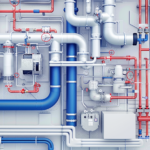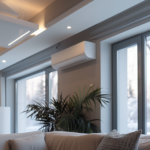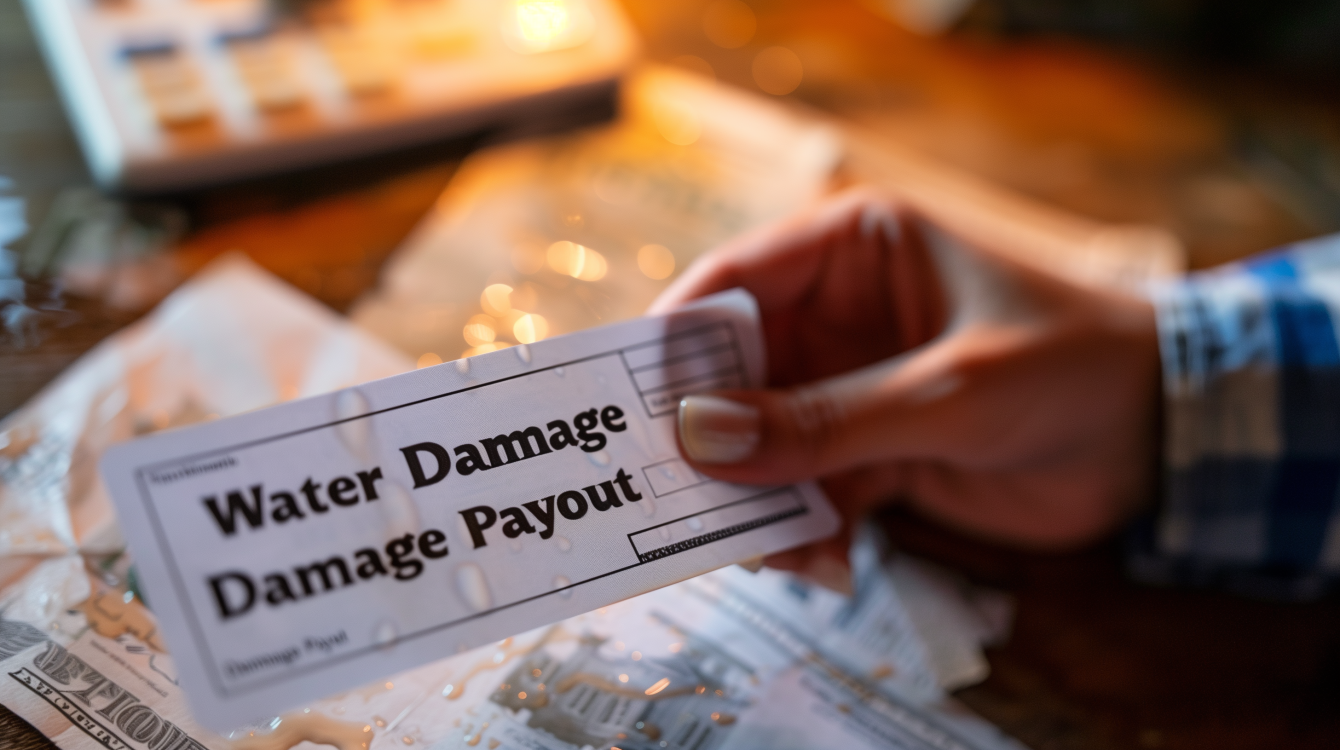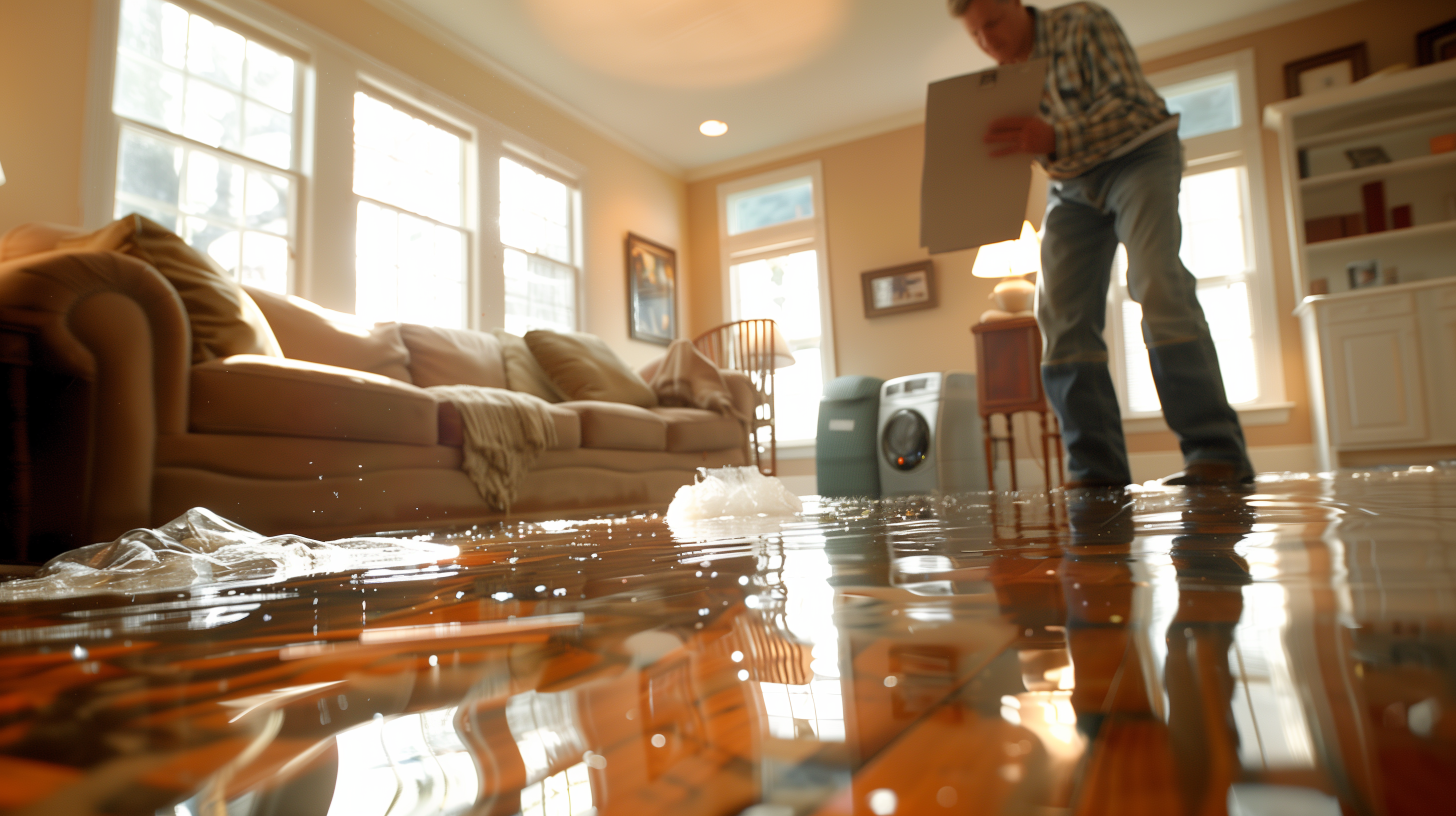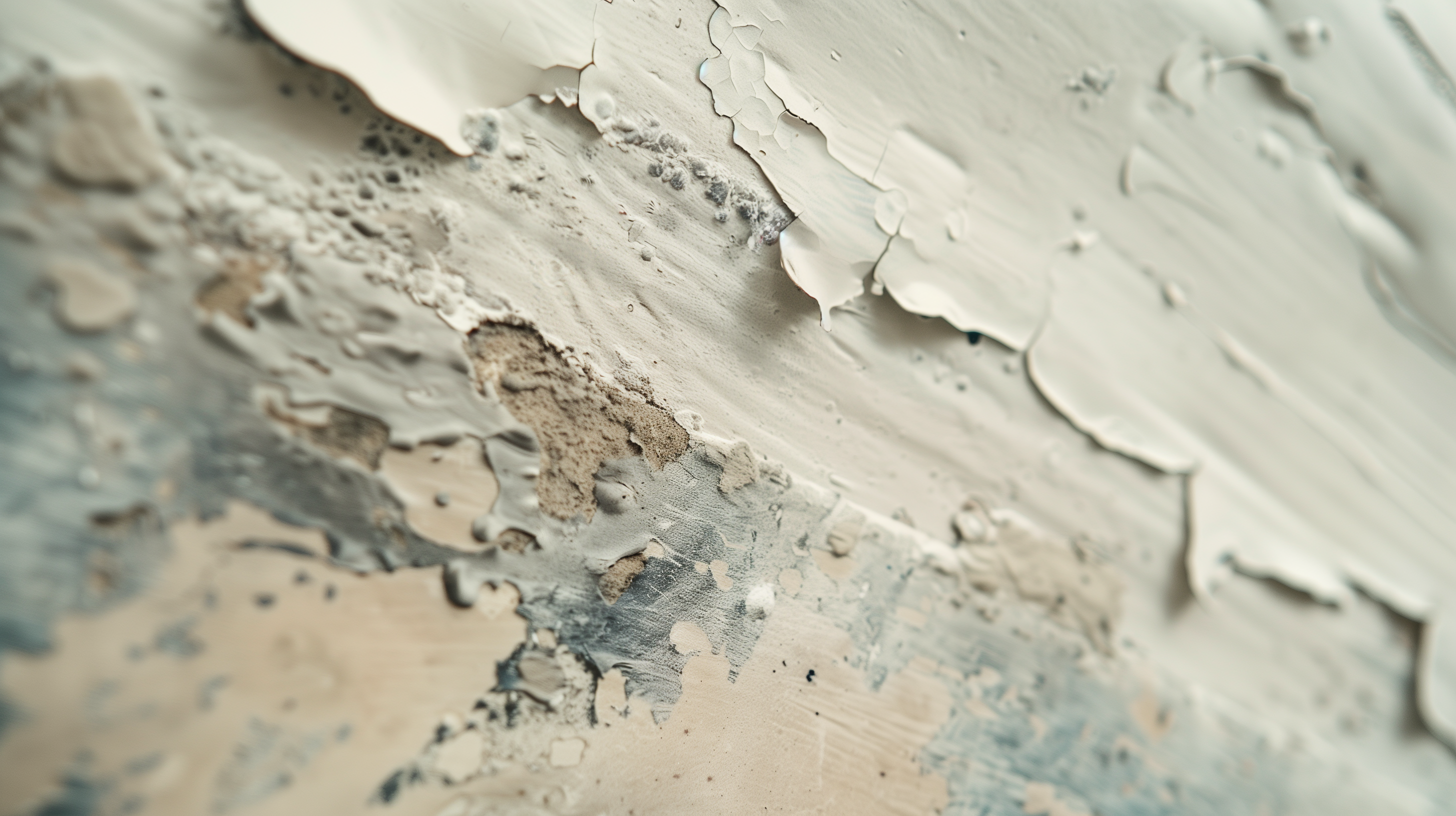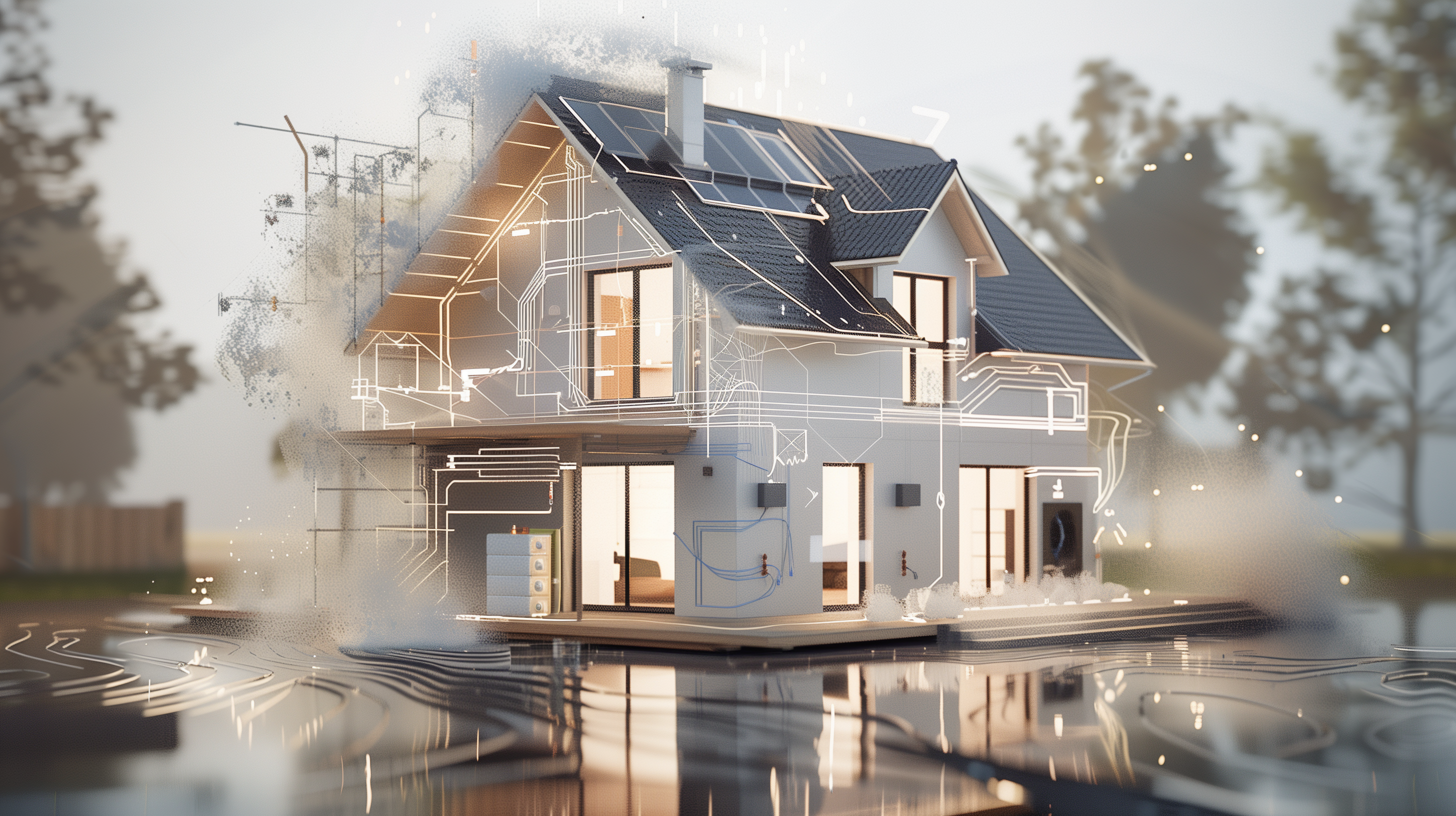What’s the Average Insurance Payout for Water Damage? A Homeowner’s Guide
Water damage can strike unexpectedly, leading to costly repairs and stress for homeowners. Fortunately, most home insurance policies cover water damage, but the question remains: how much can you expect to receive from your insurance claim? Understanding the average insurance payout for water damage and the factors influencing compensation is essential for ensuring you’re adequately reimbursed and restoring your property efficiently.
In this guide, we will break down the average payout amounts, what types of water damage are covered by insurance, and how you can maximize your claim for a smooth restoration process.
Average Insurance Payout for Water Damage Claims
According to industry data, the average insurance payout for water damage in the U.S. is approximately $7,000, but it can range widely based on the severity of the damage and the specifics of your policy. In Illinois, particularly in the greater Chicago area, payouts may vary due to local factors like weather patterns, property values, and construction costs. Here’s a breakdown of common water damage scenarios and their average payouts:
- Minor plumbing leaks: $1,000 – $5,000
- Roof leaks: $3,000 – $10,000
- Burst pipes or severe water damage: $5,000 – $15,000
- Flooding or basement leaks (if covered by flood insurance): $10,000 – $30,000
- Mold remediation (related to water damage): $1,500 – $5,000
These numbers are averages and can vary significantly based on your insurance policy’s coverage limits, exclusions, and the extent of damage.
Factors That Influence Your Water Damage Insurance Payout
Several factors can impact the amount of money you receive from your water damage claim. Knowing these can help you better navigate the claims process and ensure that you get the most out of your insurance coverage.
1. Type of Water Damage
Not all water damage is covered under a standard homeowner’s policy. Typically, sudden and accidental water damage—such as burst pipes, roof leaks, and some types of appliance failures—are covered. However, gradual damage like slow leaks, wear and tear, or poor maintenance may not be covered.
2. Policy Coverage Limits
Most policies have set limits on how much they will pay for water damage repairs. If your home sustains significant damage, your payout may be capped at your policy limit. It’s essential to review your policy to ensure your coverage amounts are adequate for potential water damage scenarios.
3. Deductibles
Before receiving a payout, you’ll need to pay your policy’s deductible. Common deductibles for water damage range from $500 to $2,000. The higher your deductible, the lower your payout will be after repairs are assessed.
4. Mold Coverage
Mold is a frequent byproduct of water damage and can require costly remediation. While some policies include mold coverage, it is often limited or excluded altogether. If mold remediation is covered, expect payouts between $1,000 and $5,000 depending on your specific policy and the extent of the mold growth.
5. Extent of Damage
More severe water damage will naturally result in higher claims. If water infiltrates multiple rooms, damages the structural elements of your home, or requires extensive drying and repairs, the payout will increase accordingly. For instance, claims for burst pipes or major flooding events will result in much higher payouts than a small roof leak.
Steps to Maximize Your Water Damage Insurance Payout
To ensure that you receive the full payout you’re entitled to, it’s crucial to follow the right steps when filing your claim. Here are some tips to help you through the process:
1. Document Everything
The most important step in filing a water damage claim is documentation. Take clear photos and videos of the damage immediately after discovering it. Keep records of all correspondence with your insurance company, as well as receipts for repairs and temporary lodging (if applicable).
2. Report the Damage Immediately
Most insurance policies require homeowners to report damage as soon as possible. Delaying the claim could lead to reduced payouts or even denial of coverage. Contact your insurance provider right away to begin the claims process.
3. Hire a Licensed Contractor
Insurance companies often require that repairs be done by licensed and insured contractors. At Allied Emergency Services, we specialize in water damage restoration and understand the documentation insurance companies need to process your claim smoothly.
4. Get an Independent Estimate
While your insurance adjuster will provide a repair estimate, it’s a good idea to get an independent estimate from a contractor to ensure that all necessary repairs are accounted for. An independent assessment can help you avoid underpayment for your claim.
5. Work with a Public Adjuster or Attorney (if necessary)
If your claim is large or complicated, consider hiring a public adjuster or attorney. Public adjusters are independent professionals who work on behalf of homeowners to ensure they get the highest payout possible from their insurance claim.
Understanding Water Damage and Insurance Policies
In Illinois, including the Chicago area, homeowners may also need to consider flood insurance in addition to their standard homeowner’s policy. Regular insurance policies typically do not cover flooding, which is classified as a separate risk. If you live in a flood-prone area, securing flood insurance can help protect against costly basement floods, sump pump failures, and heavy storm-related water damage.
Compliance with Building Codes in Water Damage Repairs
It’s important to ensure that any repairs following water damage adhere to local building codes, especially in Illinois where strict guidelines are followed. The International Residential Code (IRC) mandates proper plumbing, electrical, and structural standards when dealing with water damage restoration. Non-compliance could result in fines or additional costs down the road.
Hiring a contractor who understands local regulations can protect your home and ensure you pass any required inspections post-repair.
Conclusion
Water damage can be an expensive and stressful event, but understanding the average insurance payout and how to maximize your claim can ease the burden. From the type of damage to policy details and repair costs, knowing what to expect will help you navigate the claims process effectively.
For immediate service or consultation, you may contact us at Allied Emergency Services, INC.
Contact Information:
Phone: 1-800-792-0212
Email: Info@AlliedEmergencyServices.com
Location: Serving Illinois, Wisconsin, and Indiana with a focus on the greater Chicago area.
If you require immediate assistance or have specific questions, our human support is readily available to help you.
Disclaimer: This article is intended for informational purposes only. For professional advice, consult experts in the field.
